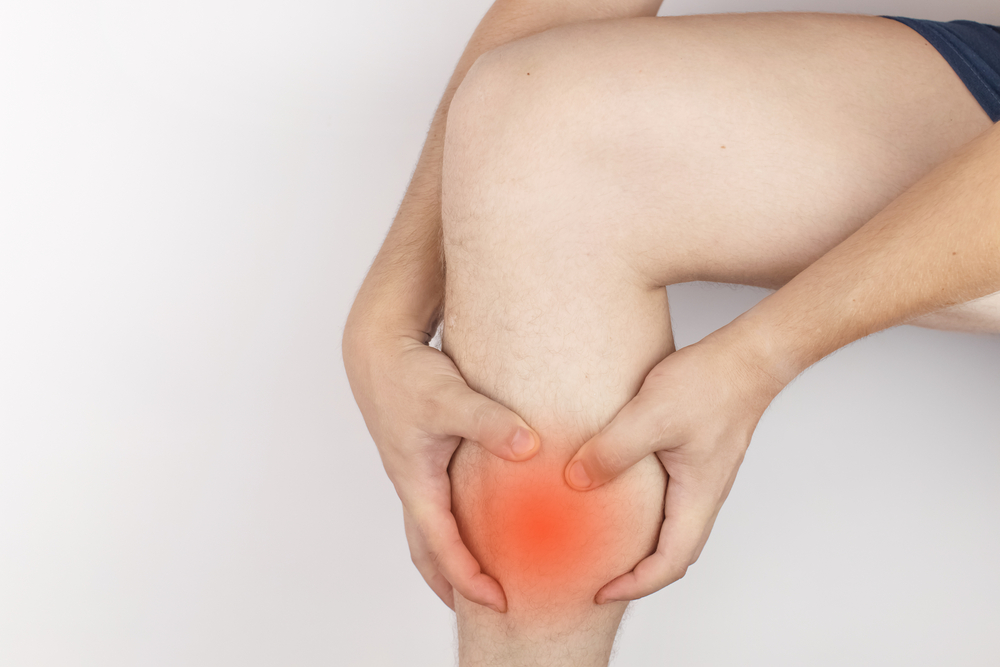Often, those with varicose veins complain about their appearance. But veins can be more than just cosmetic. Occasionally, varicose veins can burst. While a burst varicose vein is not necessarily a medical emergency, you do need to seek medical attention as soon as possible to help resolve the issue and prevent it from getting worse.
What causes a varicose vein to burst? And what types of treatments are available for a burst varicose vein?
What Causes Varicose Veins to Rupture?
A varicose vein occurs when the valve that pushes blood back to the heart fails. This causes blood to pool and puts pressure on the vein. The pressure is what causes the vein to pop, swell, and twist beyond the skin. Symptoms of varicose veins can also include itching, heaviness, burning, restless legs, and cramping.
Genetics plays a major role in the development of varicose veins. Other risk factors for varicose veins include:
- Age
- Hormones
- Obesity
- Pregnancy
- Other certain health conditions
While these protruding veins can be uncomfortable, they’re typically not a medical emergency.
However, varicose veins can worsen, causing skin issues, wounds, and other more serious conditions. Over time, pressure from pooled blood weakens the walls of the vein. Eventually, this can cause the varicose vein to pop or rupture. A rupture can happen spontaneously with no specific cause.
Recognizing the Signs of a Burst Varicose Vein
The signs of a varicose vein rupture depend on whether it ruptures internally or externally. If the vein ruptures internally, you may see a bruise around the area as it fills with blood. You might also feel dizzy.
If the varicose vein ruptures externally, this will cause steady and possibly profuse bleeding, for which you may need medical attention.
If you think you have a burst varicose vein, lay down and elevate your legs to prevent swelling and lower the risk of pooling. If you have external bleeding, put pressure on the area to help stop the bleeding.
Call your doctor as soon as you are able. They will be able to give you instructions for what to do next. It’s important to seek medical attention as soon as possible because, if left untreated, veins can rupture again.
Treatment Options for Varicose Vein Rupture
Ultrasound-guided sclerotherapy is the primary varicose vein rupture treatment. In this procedure, an ultrasound is used to help a doctor inject medication into the affected vein, collapsing it so it’s no longer functional. This is a highly effective, permanent treatment for varicose veins.
If you need burst varicose vein treatment, see a vascular (vein) specialist for an evaluation. This type of doctor can help evaluate your varicose veins and provide you with the best treatment options to slow the progression of vein disease and prevent your veins from bursting again.
Preventing Future Varicose Vein Ruptures
If you are concerned about preventing varicose vein ruptures, it is important to take active measures to keep it from getting worse. A few things you can do to maintain the health of your veins include:
- Maintain a healthy weight
- Exercise regularly
- Eat a low-sodium, balanced diet
- Avoid sitting or standing for long periods
- Wear comfortable, loose-fit clothing
- Wear properly fitting shoes and avoid high heels
If you already have varicose veins, compression therapy can also help prevent them from getting worse. This non-invasive therapy involves wearing tight-fitting socks or stockings that put pressure on the legs, improving blood flow.
Choosing the Right Vein Care
If you struggle with uncomfortable varicose or spider veins, our team of board-certified doctors at Empire Vein Specialists can help. When you come in for a consultation, we use Doppler Duplex Ultrasound Imaging to evaluate your veins and recommend the most effective treatment.
We offer multiple vein services, including:
VenaSeal™ Closure System
VenaSeal™ is an innovative, minimally invasive treatment available that uses a medical adhesive to seal off affected veins. We are the #1 provider of FDA-approved VenaSealTM.
ClosureFast™ Closure System
ClosureFast™ delivers radiofrequency (RF) energy into the affected vein using a narrow catheter inserted via a tiny incision. With this treatment, most patients can return to normal activity the next day.
Sclerotherapy
Sclerotherapy treatment involves injecting a solution known as Asclera into affected veins using a small needle, which causes the vein to seal. This is the standard treatment for a burst varicose vein.
Phlebectomy Vein Removal
The phlebectomy procedure involves removing large veins from the legs in small sections, using tiny incisions.
There are many options for varicose vein rupture treatments. If you are struggling with spider, varicose, or other vein conditions, schedule a free 15-minute consultation with our experienced team!
